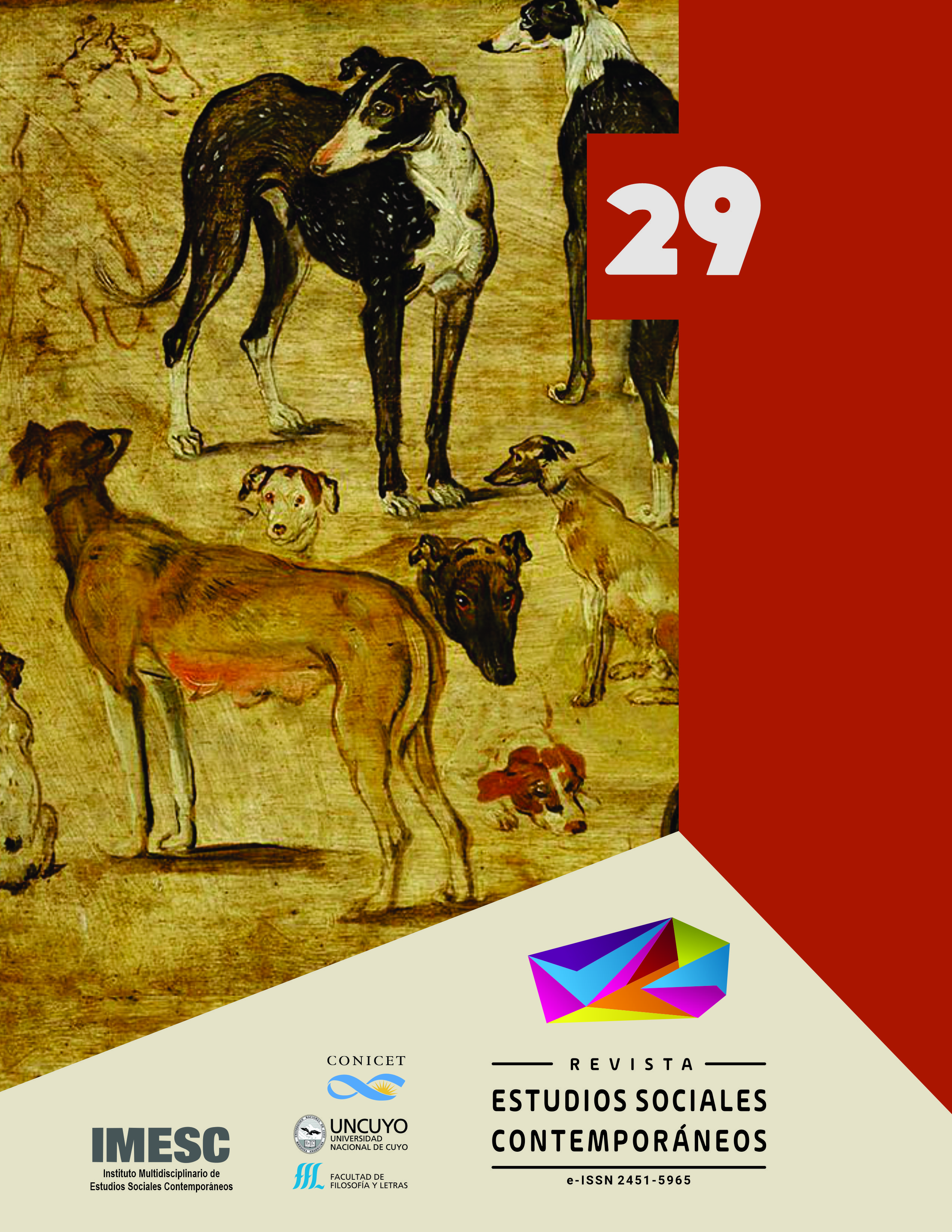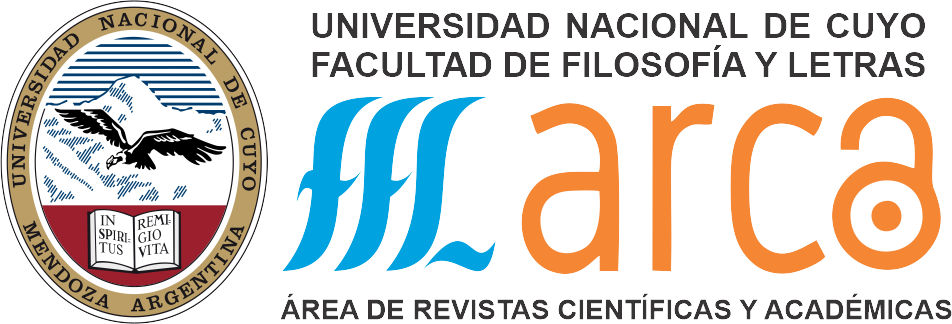Poet of Totality.
Social- Natural Metabolism and Environmental Critique in Pablo Neruda
DOI:
https://doi.org/10.48162/rev.48.060Keywords:
Poetry, Birds, Landscape, Territory, ExchangeAbstract
Based on Marxist notions, such as totality and social-natural metabolism, this text analyses some of the poems that the Chilean Pablo Neruda dedicated to birds. It emphasizes the role that the famous writer played in the shaping of a common sense that linked categories such as landscape and territory —proper to the environmental dimension— with humanist conceptions. It is argued that Neruda was a poet of the totality, insofar as he gave autonomy to the parts involved in the interchange between human and non-human forms of life, while maintaining their relationship and mutual determination.
References
BINNS, N. (2004). ¿Callejón sin salida? La crisis ecológica de la poesía hispanoamericana. Zaragoza: Prensas Universitarias de Zaragoza
DE LA MORA, R. (2018). “La literatura como fuente para una historia ambiental”. Ulúa, 31, pp. 11-12
DONOSO, A. y ARAYA, J. (2016). “Representaciones del animal en la poesía de Pablo Neruda”. Literatura: Teoría, Historia, Crítica, 18 (1), pp. 29-51.
EDWARDS, J. (1966). “Pablo Neruda: poesía y naturaleza”. Diálogos: Artes, Letras, Ciencias humanas, 2 (5), pp. 38-42.
FORNS-FROGGI, R. (1998). “La conciencia ecológica del poeta: hacia la descentralización de la ciudad latinoamericana”, Trabajo a presentarse en el XXI Congreso internacional de LASA, del 24 al 26 de septiembre de 1998.
FOSTER, J. B. (2005). Atisbos ecológicos en Marx. Barcelona: El Viejo Topo.
GUTIERREZ REVUELTA, P. (2013). “Pablo Neruda y los misterios de la naturaleza”. Atenea, 507, pp. 25-44.
KHOSRAVI, G. VENGADASMY, R y MYDIN, R. (2017) “Ecoethical Significance of Wilderness in Pablo Neruda’s Selected Poems”, GEMA: Journal of Language Studies, 17 (3).
LÖWY, M. (2012). Ecosocialismo. La alternativa radical a la catástrofe ecológica capitalista. Madrid: Biblioteca Nueva.
LUKACS, G. (2007). Historia y conciencia de clase. Buenos Aires: Razón y Revolución.
MIRES, F. (1990). El discurso de la naturaleza: ecología y política en América. Caracas: Nueva Sociedad.
NERUDA, P. (1985). Obras II. Buenos Aires: Losada
NERUDA, P. (1985a). Obras III. Buenos Aires: Losada.
VITALE, L. (1983). Hacia una Historia Ambiental de América Latina. México: Nueva Imagen.
URQUIJO, P., A. LAZOS y K. LEFEBVRE (Coords.) (2022). Historia ambiental de América Latina. Enfoques, procedimientos y cotidianidades. México: Centro de Investigaciones en Geografía Ambiental UNAM.
WILSON, J. (2008). A Companion to Pablo Neruda: Evaluating Neruda´s Poetry. Estados Unidos: Temesis.
Downloads
Published
How to Cite
Issue
Section
License
Copyright (c) 2023 Diana Alejandra Méndez Rojas, Jaime Ortega Reyna

This work is licensed under a Creative Commons Attribution-NonCommercial 4.0 International License.
























